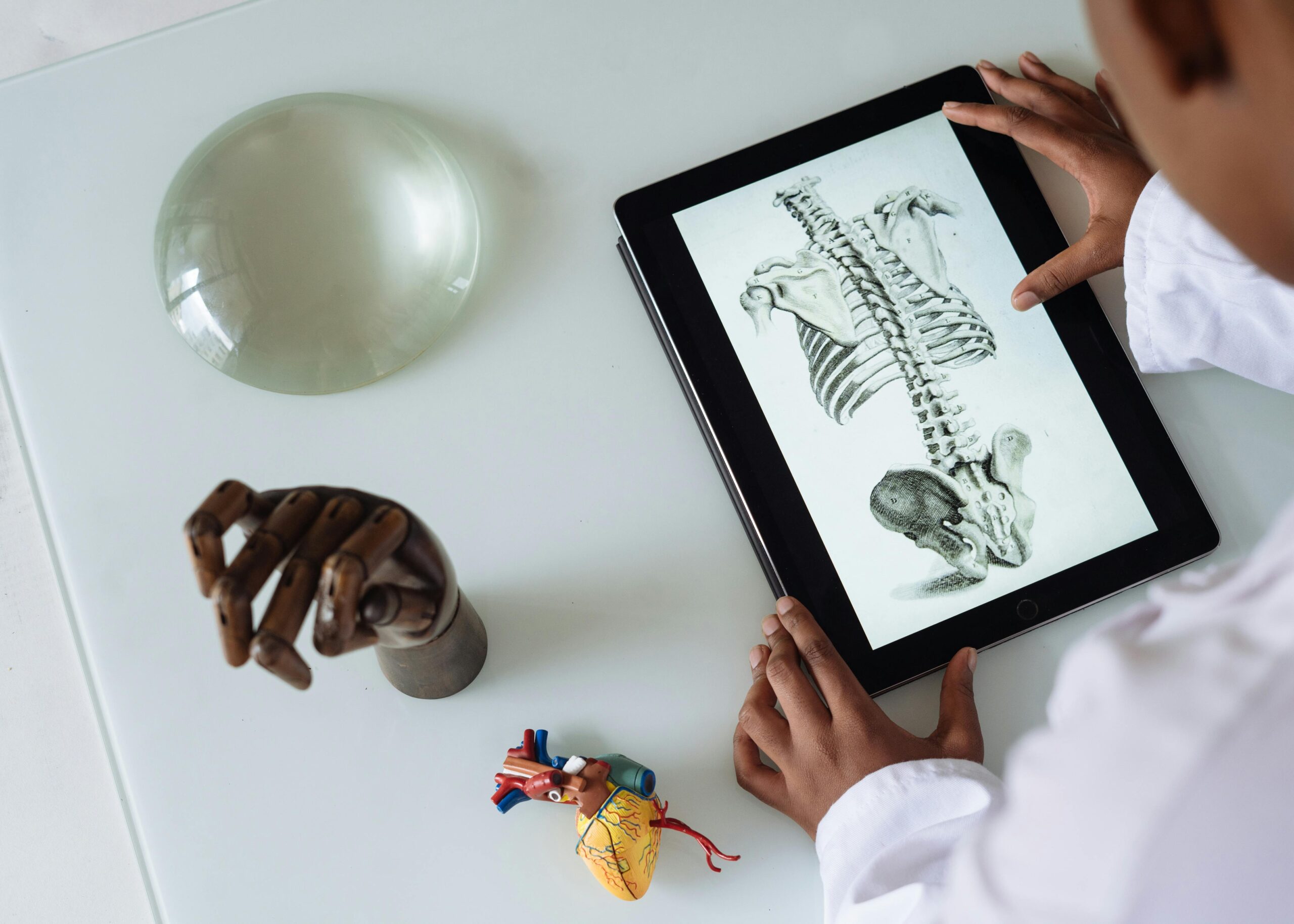The first year of medical school is a tough nut to crack and many fresher students find themselves overwhelmed and utterly perplexed at the prospect of navigating this new journey. No matter how much you have anticipated and prepared for your time at medical school, the reality can be a little different. After all, an MD program is unlike anything you have encountered before. Here, we answer some of the questions we get asked a lot at the Windsor university school of medicine, to help our first-year students thrive at medical school.
How long does it take to Complete Medical School?
Now that you are through with your white coat ceremony, you must be wondering how arduous is the path between donning your white coat and finally reaching the graduation day. The short answer is that it generally takes about 4 years to graduate from a Caribbean medical school. The long answer is that with the advancements in the field of education, new paths keep emerging for medical trainees. According to AAMC, as many as 10% of medical students are choosing to take the longer path with dual degree programs such as MD/MBA or MD/PHD, to name a few. Keep in mind that a Master’s degree track adds an extra year to your medical school timeline while a PhD route means that you can expect to spend almost a decade in medical school before you can move on to the residency phase of your career.
What Type of Classes will I be taking During the First Year?
Despite what medical TV soaps like Grey’s Anatomy would have you believe; nobody goes to hospital in their first-year of medical school. While the medical school curriculum varies between different medical schools in the Caribbean, you will find yourself bogged down by coursework during the first year of medical school. The proverbial “drinking from the firehose” is a very accurate description of all the knowledge you will be expected to learn. As a first-year medical student, you will learn the basic human physiology, histology, anatomy and biochemistry. You will learn everything from how the human body functions to what forms the basis of DNA. Although students don’t usually get to meet patients until the third year of school, you could be spending potentially months dissecting cadavers and mastering the anatomy of the human body in your anatomy lab. In addition to learning about the fundamentals of the sciences, you will also learn what it means to be a doctor. This means a crash course in interviewing patients, conducting physical exams, and even a brush with medical ethics. At Windsor university school of medicine, students benefit from small class sizes, one-on-one dedicated support, and, hands-on lab-based experiences to ease their transition into medical school. In a nutshell, expect to spend your first year running between classrooms, lecture halls, and, labs.
How Much Will I Need to Study?
Never underestimate the amount of material you need to remember in medical school. Even those seemingly difficult college classes pale in comparison to the material presented in medical school. The key is not to waste time in the beginning and create a study schedule from day one.
When it comes to crafting a study schedule, each student is different and has therefore different needs. However, as a rule of thumb, studying an average of 24 hours a week and making the best use of that time can set you up for success. Create a schedule as soon as you enter a new semester and stick to it religiously. When you are being bombarded with voluminous coursework, having a structured routine helps you know if you are falling behind and need to catch up.
It is also important to tinker with a variety of study resources and discover a learning style that fits you best. For instance, are you a note-scribbling, book-worm or do you learn best with recorded audio lessons? Are you an individual learner or do you thrive in group studies? The earlier you find your study style, the easier it will be for you to absorb the copious curriculum and squeeze in time for social activities. If you are a solo-learner, you would benefit from study tools such as Anki and First Aid or online tools like Sketchy, but if you are a group learner, you should schedule weekly group meetings with like-minded students, so everyone stays on track.
How Do I Unwind?
Given the many rigorous of medical school, it is not uncommon for medical students to experience burnout and exhaustion. In order to thrive in medical school, you absolutely have to factor in time for self-care such as catching up on sleep, eating nutritious, well-balanced meals, exercising, reading non-clinical books, indulging in leisure activities that you enjoy, and so on. Don’t forget to keep in touch with friends and family as you will need all the support you can get. Though it may seem impossible at the moment to balance all of these aspects with the demands of your classes, it is entirely doable with a little bit of planning. Create a timetable that divides your time between lectures, study sessions, and personal activities. While you cannot expect to do it all and still make it through the marathon that is medical training, you should definitely prioritize your health.
How Do I Keep my Finances in Order?
Most medical students take on a significant dept to finance their medical education, but with a little bit of planning and foresight, you can protect your financial future and even save a significant amount in the long term. First things first, you have to be mindful of how much money you borrow to cover the expenses of medical school, so that repayment after graduation won’t be a burden. Also, be sure to avoid credit-card dept at any stage of your medical school journey. The interest rates are way higher than bank loans, and credit card debt can wreak havoc on your credit score. It would also be beneficial if you can cut back on your day-to-day expenses and invest the savings for long-term benefits. Picture this: For every $5,000 you invest today at a 6% RoR, you will end up with $16,000 in the next 20 years. Last but not the least, find support in your peers. Remember that most of your classmates are in the same financial boat, so it would be great to share your experiences, discuss resources and tools and find ways for money management and loan repayment.








